Mirai Nagasu: Did You Know You’re an Immigrant?
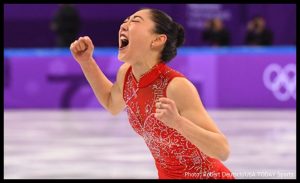
Do you think it’s appropriate to refer to a person who was born in the United States as an “immigrant”? Yeah, me neither.
Journalist, Author & Syndicated Columnist

Do you think it’s appropriate to refer to a person who was born in the United States as an “immigrant”? Yeah, me neither.
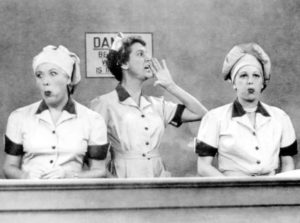
Long before I became a fancy reporter (stop laughing, ya’ll!), I worked in a factory. It was one of the most mind numbing jobs I’ve ever had. At that job, I learned how difficult it was to earn a few dollars. I also learned that prejudice sometimes is harbored by other minorities, who are afraid that their own social status will decline if they align themselves with another person of color.
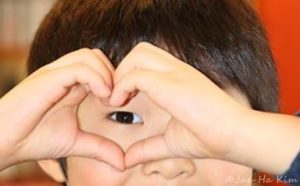
Valentine’s Day is sold as a day of romance, where you buy each other romantic gifts. And, if you’re alone, well, too bad for you. But Valentine’s Day really should be a day about love, not just romance.
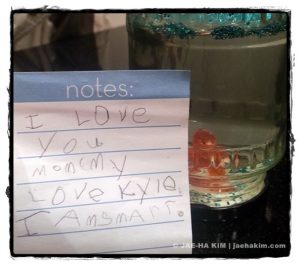
On this particular day, my son couldn’t think of anything to tell me about school. And I grew angry. The kind of silent anger that I didn’t voice, but he could sense. I saw him nervously flipping through his binder of schoolwork containing words that he didn’t understand. He was looking for something — anything — that he recognized so that he could make me happy.
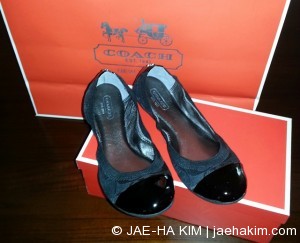
Every year, I go to the Coach store and buy my mother a scarf, or a handbag, or a wallet, or a hat, or a pair of shoes — things she likes, but would never buy for herself. She tells me often that the only nice clothes she owns are the ones I bought for her. This isn’t entirely true. My siblings have given her some lovely things or gifted her with money to buy whatever she wants. But it is true that the two of us have gone shopping together the most.
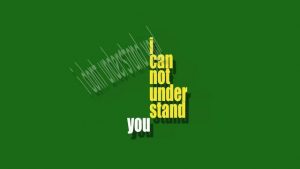
When I was in graduate school, my journalism teacher asked me, “Why can’t Asians pronounce r’s and l’s?” Seriously? I looked at her and said in perfect English, “I really, really don’t know.” She didn’t get it. She basically was asking an Asian who spoke perfect English, why I couldn’t speak perfect English. She couldn’t wrap her head around the fact that maybe I was fluent because I was raised in the United States.

A long time ago, a friend asked me why I shook my bottle of milk before I poured it. I said what my father had always told me (or what I thought he had told me) — that shaking it distributed the vitamins evenly. The person laughed and said, “No, it doesn’t.” I didn’t give it much thought until recently. I realized that the reason I shook my milk was because when we first immigrated to the United States, we drank powered milk.

Our father’s goal in bringing his family from South Korea to the United States was to ensure that his children would receive a good education. He and our mother instilled in us the idea that studying hard would be our ticket to having a better life than they had. And they were right. But while the three of us are well educated, we lack our father’s endless thirst for knowledge.
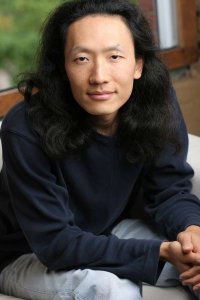
With his critically acclaimed debut novel “Everything Asian,” Sung J. Woo succinctly and poignantly captures a year in the life of a 12-year-old immigrant who tries to navigate life in the United States, while also trying to understand his estranged father. A resident of Washington, N.J., the 38-year-old author chats about his recent trip to Alaska, how he gets the best hotel deals and why he often feels like a tourist — even when he’s not far from home.